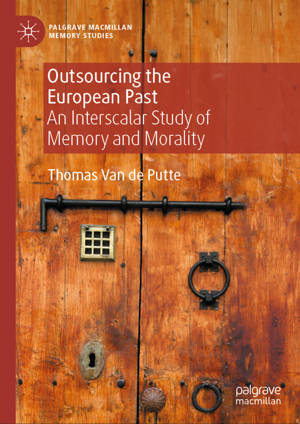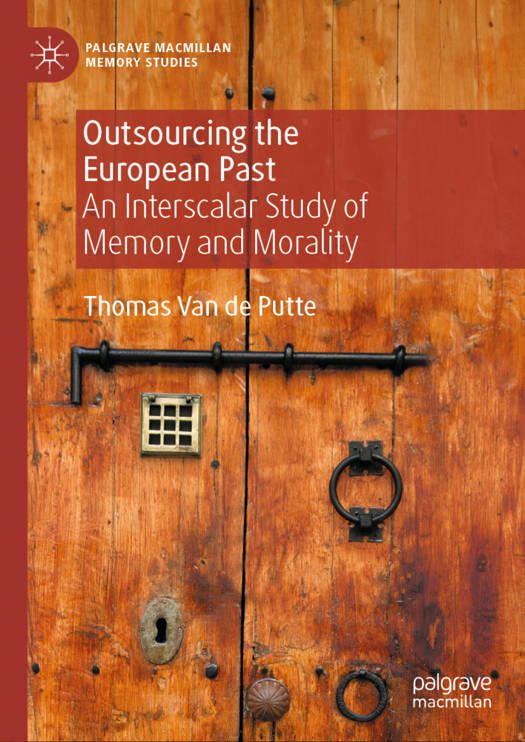
- Retrait gratuit dans votre magasin Club
- 7.000.000 titres dans notre catalogue
- Payer en toute sécurité
- Toujours un magasin près de chez vous
- Retrait gratuit dans votre magasin Club
- 7.000.000 titres dans notre catalogue
- Payer en toute sécurité
- Toujours un magasin près de chez vous
42,45 €
+ 84 points
Description
This book investigates the entanglement of memory and morality in an extended case study of the memory policy of the European Commission between 2014 and 2020. The main empirical aim is to provide an understanding of how the European Commission, various non-governmental intermediary institutions (including the Memory Studies Association and Euroclio) and, in the end, participants in policy projects, attribute meaning to the past and connect that past with specific norms and values.
The book queries how the European Commission turns more general cultural memories into concrete moral discourses in its memory policy; how these policies are institutionally operationalised; what draws these institutions to the European Commission's memory policy; and what happens when individual citizens are exposed to the outcomes of those policy projects.Theoretically, Outsourcing the European Past integrates theories from cultural sociology, political science, cultural studies and sociolinguistics in an innovative theory of memory.
Spécifications
Parties prenantes
- Auteur(s) :
- Editeur:
Contenu
- Nombre de pages :
- 156
- Langue:
- Anglais
- Collection :
Caractéristiques
- EAN:
- 9783031541315
- Date de parution :
- 29-02-24
- Format:
- Livre relié
- Format numérique:
- Genaaid
- Dimensions :
- 148 mm x 210 mm
- Poids :
- 353 g







